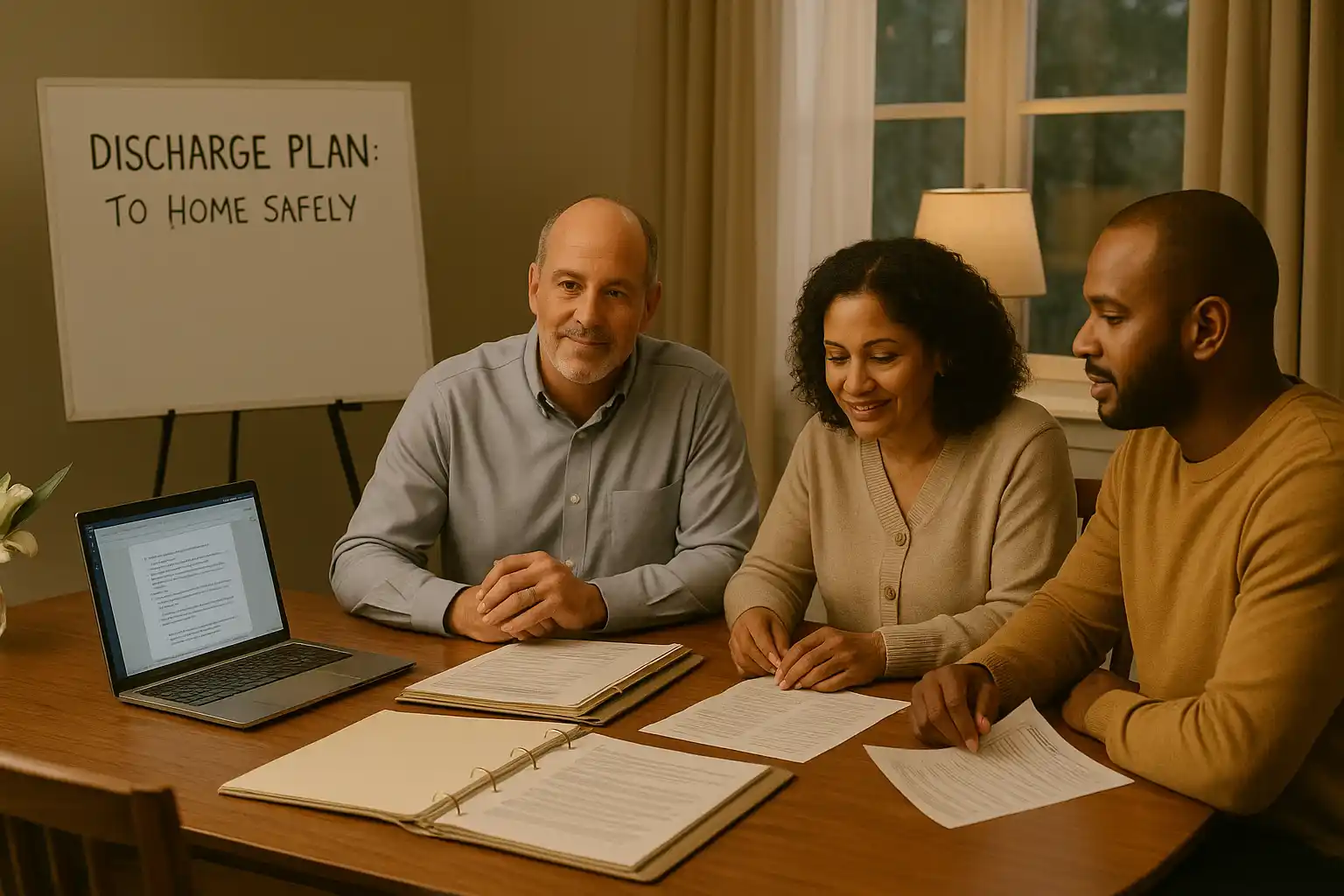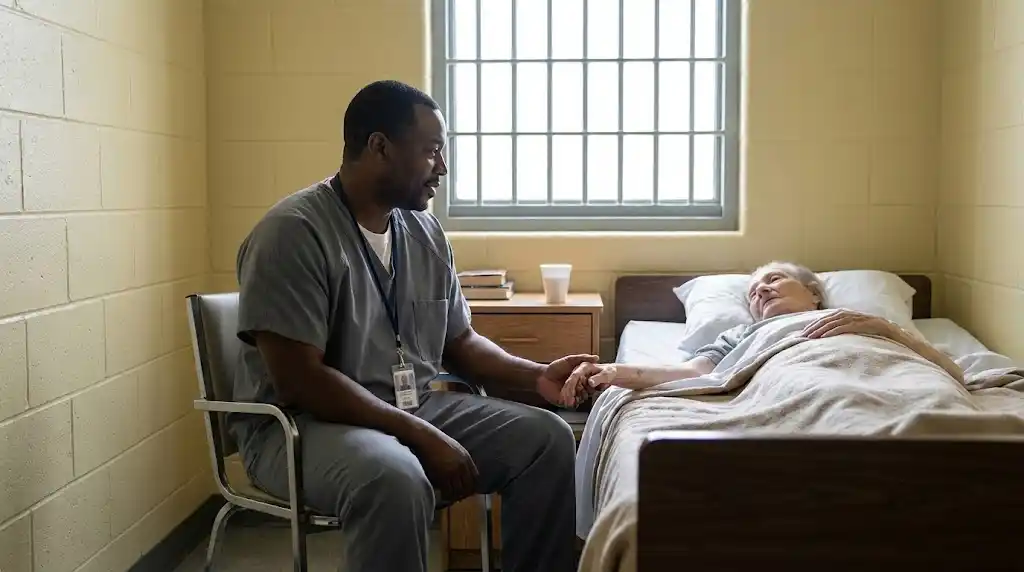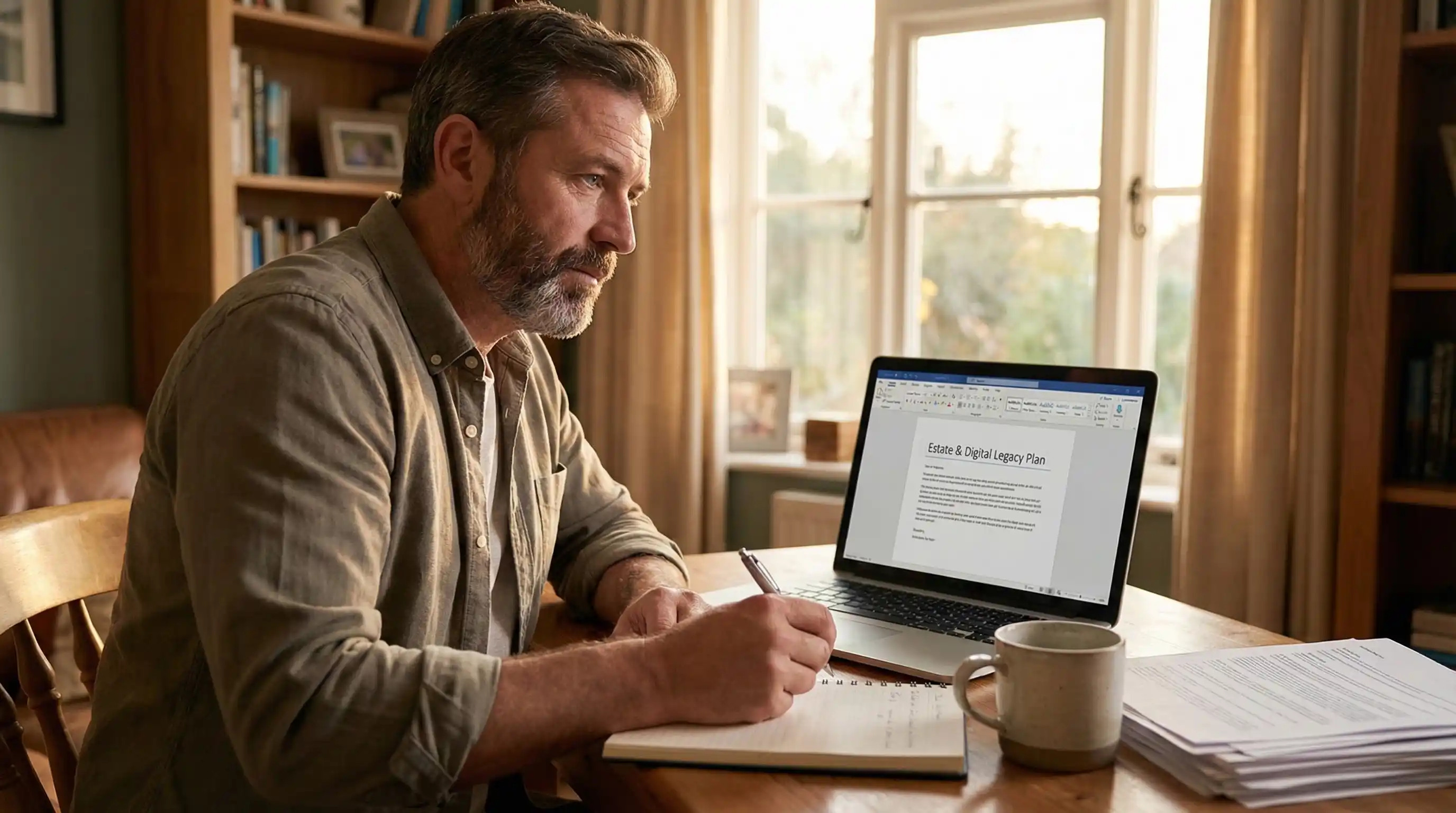End-of-Life Planning Needs Project Managers Too
Many of us face a moment of realization about how tough it is to plan for death. It’s not just about loss or grief; it’s the logistics, paperwork, family dynamics, and the emotional burden of every choice.

About This Blog
Many of us face a moment of realization about how tough it is to plan for death. It’s not just about loss or grief; it’s the logistics, paperwork, family dynamics, and the emotional burden of every choice.
Most people aren’t trained for this. But what if someone could be?
Enter Mark Rozner. He’s a project manager with decades of experience. Mark began focusing on caregiving and end-of-life planning when his partner fell seriously ill. In his chat with Niki Weiss on The Digital Legacy Podcast, he shared how project management principles brought order, clarity, and compassion to a time that often feels chaotic.
What Project Management and Deathcare Have in Common
Mark didn’t enter this field through hospice or healthcare. He came from planning, systems thinking, and facilitation.
Project managers work backward from the goal. When the goal is a peaceful death, the same methods apply. Mark made a plan, aligned key people, documented everything, and kept the emotional temperature steady through thoughtful communication.
Death Is a Project. Someone Has to Lead It
Mark’s partner had multiple chronic illnesses. They knew death would come, so he treated her care like a high-stakes project.
He used checklists and shared documents. He led family meetings and one-on-one talks. He introduced the Five Wishes framework as a starting point. He maintained a master spreadsheet of people, preferences, and tasks.
None of this was cold or impersonal. It was deeply loving. By managing the process, he allowed everyone—including his partner—to simply be present.
Most People Plan Too Late
Mark reminds us that most families plan reactively, not proactively. By the time a medical emergency occurs, it’s hard to make calm decisions.
Even if paperwork exists, it doesn’t mean people will follow it. Emotions interfere. People remember things differently. Some may disagree with what’s written.
That’s why Mark had early, compassionate talks with everyone involved. He ensured everyone felt heard and worked to prevent conflict before it could arise.
Why Emotional Intelligence Is as Important as Documentation
Mark’s approach blends logic with deep empathy. He doesn’t just focus on forms and files; he focuses on feelings.
He knows that end-of-life care is about helping people feel safe, seen, and respected—especially when things feel chaotic.
He credits this sensitivity to his own experiences with loss, starting with his sister's death when he was a baby. That early awareness of grief shaped how he leads today.
The ICU Whiteboard That Changed Everything
One story Mark shared was particularly moving. During a tough hospital stay, he brought a whiteboard into his partner’s ICU room. On it, he wrote “Discharge Plan: To Home Safely.”
That one word—safely—shifted the entire tone of her care. It reminded everyone, including the staff, that this was not just about discharge timelines. It was about quality of life and dignity.
What Happens When No One Leads the Process
After his mother-in-law passed away, Mark saw what can happen without a clear plan. Her legal documents were outdated, her wishes unclear, and the family is still resolving issues over a year later.
This experience deepened his commitment to helping others plan early and with intention.
It’s not just about avoiding confusion; it’s about protecting relationships.
How to Start Planning with Purpose
Mark suggests starting with conversation, not documents. Talk about what matters most. Where do you want to be when you die? Who do you want by your side? What does comfort look like?
Once you have those answers, begin to write them down. Use tools like Five Wishes, create shared folders for key documents, and keep everything updated regularly.
Treat your end-of-life plans like a living document, not a one-time task.
This Is Leadership at the End of Life
When we hear “project manager,” we often think of offices, timelines, and spreadsheets.
But Mark offers a new definition.
Project managers can hold space. They lead with empathy, ensure everyone feels heard, and keep love and logistics from falling apart under pressure.
And that is what most families truly need.
One Loving Step at a Time
You don’t need to be an expert to begin. Just start.
Have one conversation this week. Write down one wish. Ask one question about your loved one’s plans. Open the door.
End-of-life planning is not about preparing for death. It’s about caring for life, right to the very end.
🎧 To hear Mark Rozner’s full conversation with Niki Weiss, watch the episode on The Digital Legacy Podcast
Take the Next Step: Start Planning with My Final Playbook
Related Blog
Duis mi velit, auctor vitae leo a, luctus congue dolor. Nullam at velit quis tortor malesuada ultrices vitae vitae lacus. Curabitur tortor purus, tempor in dignissim eget, convallis in lorem.





Comments